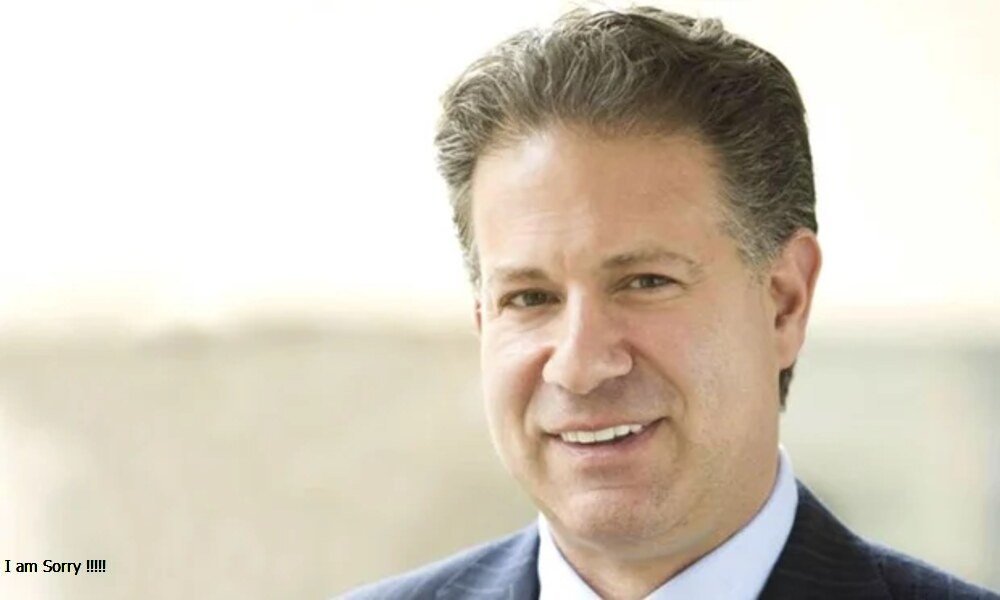Introduction to the Poppi Lawsuit
Poppi, a rising star in the wellness beverage scene, has recently come under legal scrutiny, sparking widespread attention from health-conscious consumers and industry watchdogs alike. Poppi prebiotic soda has cultivated a loyal following because of its bold branding, Instagram-worthy packaging, and claims supporting gut health. However, a new class action lawsuit is challenging the legitimacy of its health claims, alleging that the brand misleads consumers about its benefits. This lawsuit has stirred up significant interest, as it not only impacts the future of Poppi but also raises questions about the integrity of marketing in the functional beverage industry. In this article, we dive deep into the Poppi prebiotic soda lawsuit, unpacking the allegations, the science behind the claims, and what it all means for consumers.
What Is Poppi Prebiotic Soda?
Poppi is a flavored sparkling beverage infused with apple cider vinegar (ACV) and marketed as a gut-healthy soda alternative. Launched by husband-and-wife Allison and Stephen Ellsworth, the brand has grown rapidly thanks to its compelling health-centric messaging and celebrity endorsements. Each can of Poppi contains a small amount of ACV and is touted to promote digestion and gut health, owing to the inclusion of inulin, a prebiotic fiber.
With the wellness beverage market booming, Poppi positioned itself at the intersection of health and taste. Its appeal lies in offering a soda-like experience without the high sugar content or artificial ingredients in traditional sodas. Despite its popularity, the brand’s marketing language around “gut health” and “prebiotics” has now been questioned, prompting legal action that challenges its credibility.
The Allegations: Why Is Poppi Being Sued?
The crux of the Poppi prebiotic soda lawsuit revolves around claims of deceptive advertising and misleading health benefits. The plaintiffs argue that Poppi markets its product as beneficial for digestive health when, in fact, the amount of prebiotic fiber per can is far below the level required to deliver any meaningful benefit. They assert that the language used in Poppi’s branding implies clinical health advantages that the product cannot realistically provide based on its current formulation.
The lawsuit emphasizes the discrepancy between consumer expectations and the actual function of the beverage, primarily when Poppi promotes itself as a gut-friendly soda. This case compares to previous lawsuits against food and drink companies that exaggerated their nutritional or health claims. If the allegations hold up, Poppi could face both financial penalties and a significant hit to its brand reputation.
Who Filed the Lawsuit and Why?
The lawsuit was filed as a class action in early 2024 by a group of consumers who felt misled by Poppi’s marketing. These individuals claim they purchased Poppi, assuming it would contribute positively to their digestive health, based on how the product is advertised. The legal filing outlines specific concerns with phrases like “supports gut health” and suggests that these statements constitute false advertising under consumer protection laws.
The complaint seeks financial restitution for affected consumers and demands that Poppi change its labeling and advertising practices. While the exact number of plaintiffs is still growing, the lawsuit represents a broader challenge to wellness-oriented branding that lacks robust scientific backing.
Scientific Breakdown: Do Poppi’s Claims Hold Up?
At the heart of the Poppi prebiotic soda lawsuit is a debate over the science behind prebiotics and gut health. Poppi contains around 2 grams of inulin, a type of soluble fiber that acts as a prebiotic by promoting the growth of beneficial gut bacteria. However, according to nutritionists and scientific literature, the minimum effective dose of inulin needed to produce noticeable gut health benefits is 5 to 10 grams daily.
Critics argue that Poppi’s formulation falls short of this threshold, making its claims of being a “gut-friendly” soda misleading at best. Some nutrition experts have noted that while inulin can contribute to digestive wellness, the small amount found in Poppi is unlikely to make a significant difference unless consumed in large quantities—something that could negate the benefits due to increased sugar intake from multiple cans. The lawsuit challenges whether Poppi’s health marketing crosses the line from aspirational branding into deceptive territory.
Poppi’s Official Response
Poppi has issued a public statement denying the allegations and standing by its product and marketing integrity. The company asserts that its claims are based on sound nutritional principles and that it transparently lists all ingredients and nutritional values on its packaging. Poppi maintains that it provides a healthier alternative to traditional sodas and that its messaging is consistent with general wellness guidelines.
Poppi’s legal team has also indicated plans to fight the lawsuit, stating that the complaint misrepresents the product and consumer expectations. However, the brand has remained relatively quiet about potential adjustments to its advertising or formulation pending the case outcome. Industry analysts suggest that regardless of the verdict, Poppi may need to re-evaluate its branding strategy to maintain consumer trust.
Consumer Reactions and Public Opinion
The lawsuit has triggered mixed reactions from consumers. Loyal brand fans have expressed skepticism about the allegations, emphasizing that they enjoy the taste and believe in the product. Others, particularly those who purchased Poppi for its supposed health benefits, feel deceived and have taken to social media to voice their disappointment.
On platforms like TikTok and Instagram, where Poppi has a strong influencer presence, the lawsuit has sparked debates about the ethics of wellness marketing and influencer responsibility. Some influencers have even paused their sponsorships or issued disclaimers when promoting the product. This growing scrutiny reflects a broader shift in consumer awareness and demand for transparency in the health and wellness space.
Legal Ramifications and Industry Impact
The outcome of the Poppi prebiotic soda lawsuit could have far-reaching implications beyond just one brand. If the court finds that Poppi engaged in deceptive marketing, it could set a precedent for how functional beverages are advertised, particularly those claiming health benefits without substantial scientific evidence.
This case might also prompt regulatory agencies like the FDA or FTC to examine the functional beverage industry more closely, potentially leading to stricter guidelines on what constitutes a valid health claim. Other brands that rely on similar marketing language may be forced to revise their strategies or face similar legal challenges. Ultimately, this lawsuit could serve as a wake-up call for the wellness industry to prioritize truth in advertising.
What This Means for You as a Consumer
For consumers, the Poppi lawsuit underscores the importance of doing your research before buying into health claims. Just because a product is labeled as “gut healthy” or “prebiotic” doesn’t mean it delivers clinically proven benefits. It’s crucial to read ingredient labels, understand what quantities are adequate, and remain skeptical of vague or overly ambitious marketing language.
Consider consulting a healthcare professional or registered dietitian to support your gut health genuinely. They can recommend evidence-based options, including foods high in fiber and probiotics that have been scientifically shown to improve digestive health. Transparency, research, and education are key tools for navigating the often-confusing landscape of wellness marketing.
Final Thoughts: The Future of Poppi Soda
As the Poppi prebiotic soda lawsuit unfolds, the brand’s future hangs in the balance. Whether or not the court rules in favor of the plaintiffs, Poppi will likely need to revisit how it communicates its value proposition to consumers. The case has already ignited a broader conversation about marketing ethics, consumer protection, and the role of science in product branding.
What remains clear is that health-conscious consumers are becoming more discerning and less tolerant of misleading claims. As demand for functional beverages grows, brands like Poppi must distinguish between innovative marketing and factual accuracy. This lawsuit may ultimately serve as a turning point, pushing the industry toward greater accountability and transparency—a change that will benefit everyone in the long run.
Do Read: Apple Lawsuit 2025 – Latest Legal Battles, Antitrust Actions & Consumer Impact















